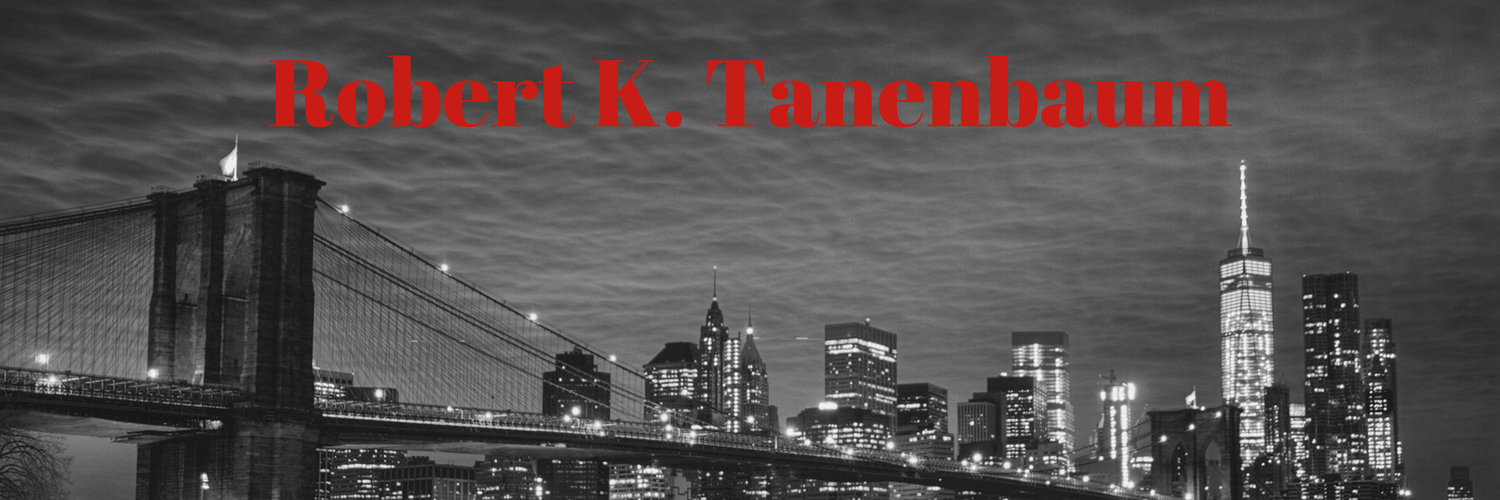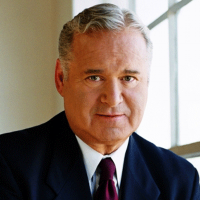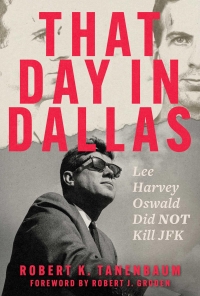Herman Bell Parole Letter
To: Members of the New York State Parole Board:
The purpose of this letter is to urge the Board to deny parole for Herman Bell ("Bell"). The reasons for my opinion are based upon the following:
- The heinous nature of the brutal crimes Bell committed;
- Bell's specific intent to murder police officers across America;
- Bell's lack of remorse toward the Joseph Piagentini family; and
- Bell's criminal conviction record that reflects a life of documented vicious and merciless criminal conduct evincing a deviant, delusional and twisted mind.
On Friday evening, May 21, 1971, when Bell ambushed and summarily executed Police Officers Waverly Jones and Joseph Piagentini as they were walking toward their squad car at 159-20 Harlem River Drive (Colonial Park Housing) in the northeastern end of Manhattan, I was an Assistant District Attorney assigned to the Homicide Bureau in the New York County District Attorney's Office. Homicide Bureau Chief, Assistant D.A. John Keenan — now Federal District Judge in the Southern District of New York — supervised the investigation into the assassination of Jones and Piagentini. When the case entitled People v. Herman Bell et al. was set for trial, John Keenan assigned to me the responsibility to prosecute the accused.
On April 10, 1975, after jury trial, Bell was convicted of the murders of Jones and Piagentini. On May 12, 1975, New York State Supreme Court judge Edward Greenfield, who presided during the trial, sentenced Bell to life imprisonment with a mandatory minimum of twenty-five years, the maximum sentence permitted at the time pursuant to State law.
INVESTIGATION
In the late 60's early 70's, Bell transitioned from membership in the Oakland/San Francisco Black Panther Party to the self-proclaimed Black Liberation Army (BLA). He believed that the Black Panther Party was not sufficiently militant and reportedly stated: "The BLA will be remembered, and they won't be remembered as a pacified group of people..." In 1971, at a time relevant to the instant case, Bell commented that the BLA "was getting to be pretty well known from the escalation of crimes....The stations, the police stations, other things that had been done all directed toward police officers, it was beginning to be known that there was another group besides the Black Panther Party." The BLA attempted to create chaos and terror through the assassination of police officers. Its operations were funded by armed bank robberies and other theft offenses.
Given Bell's deviant and violent delusional belief system, Bell engaged in serious crimes of violence that included armed bank robbery,1 attacking with explosives and armed weapons the Ingleside Police Station in San Francisco that resulted in the shotgun blast murder of SFPD Sgt. John Young2 and the murders of Jones and Piagentini.
THE MURDERS OF POLICE OFFICERS WAVERLYJONES AND JOSEPH PIAGENTINI
In 1971, Bell traveled to New York City for the purpose of executing police officers. His chosen method was to ambush his unsuspecting victims.
On May 21, 1971, in the evening when Bell arrived at 159-20 Harlem River Drive, he noticed that a squad car was already parked at the location. So he waited with his crime partners Anthony Bottom and Albert Washington, a look-out. As officers Jones and Piagentini exited the building and walked to their squad car, Bell, who had been seated on the left front fender of a parked white Mustang from which his prints were later discovered, fell in step in back of Piagentini and Jones and with his loaded weapon fired at point-blank range into the bodies of the officers. While Piagentini lay on the ground pleading for his life repeating, "Please, please, don't shoot, don't shoot. I'm married, I have two kids," Bell pumped mercilessly shot after shot emptying his weapon into the body of the defenseless stricken body of Joseph Piagentini. Bell then grabbed Piagentini's service revolver and fired again and again into Piagentini's bullet-ridden body.
Bell fled the scene and returned to his Anderson Avenue apartment in the Bronx, which he shared with his crime partners. Once inside and immediately after the assassinations, Bell celebrated the murders.
In all, Joseph Piagentini's bullet-riddled body suffered twenty-two bullet holes as a result of the attack. Waverly Jones was shot four times in the back of the head, neck, and back. Thereafter Bell left New York and returned to San Francisco where his crime rage continued.
During the years that Bell fled from law enforcement apprehension, he utilized false identification documents obtained from individuals previously deceased. This method of deceit kept him at large while law enforcement searched the country for him.
Finally, on September 2, 1973, Bell was taken into custody in New Orleans, Louisiana. Inside his residence was a cache of weapons and phony identification material.
To this day, Bell has shown no remorse to the family of Joseph Piagentini. At the time of the murders, Joseph Piagentini was twenty-eight years old, married with two daughters ages one and two. Mrs. Diane Piagentini and her two grown daughters still endure unbearable sorrow.
While Bell now admits to some of his crimes, he chose to maintain his innocence over the past 40 years. Fundamental to gaining parole, inmates come to understand that a condition of demonstrating contrition requires admitting criminal behavior. Given Bell's delusional deviant belief system and his capacity to engage in extreme violent deceit and manipulations, his present admissions are much more meretricious than meritorious. Also not until July '09 did he finally admit to his participation in the planning and preparation of the armed attack on the San Francisco Ingleside police station that resulted in the murder of Sgt. John Young. The plan was to kill everyone inside the precinct and blow up the station house.
At the time Bell snuffed out the lives of Waverly Jones and Joseph Piagentini, the death penalty was in effect. In 1972 the U.S. Supreme Court struck it down only to re-instate it in 1976. Bell is the beneficiary of that legal procedural anomaly. Based upon all the death and endless pain that Bell has inflicted upon the innocent and defenseless, he is most undeserving of any further leniency.
Could it not be more morally repugnant and incongruous for the assassinator, Herman Bell, to be free while Waverly Jones and Joseph Piagentini suffered assassination and the Piagentini family and others grieve on and on endlessly every day?
A rational, dispassionate analysis of the totality of Herman Bell's amoral pathology acted out with nightmarish violence leads inexorably to the following general truth when evaluating his present alleged contrition: "To show an unfelt sorrow is an office which the false man does easy." Macbeth.
Respectfully submitted,
Robert K. Tanenbaum
2In July, '09 Bell pleaded guilty to conspiring to commit manslaughter that resulted in the shotgun blast death of Sgt. John Young during the attack on the Ingleside Police Station in San Francisco.


